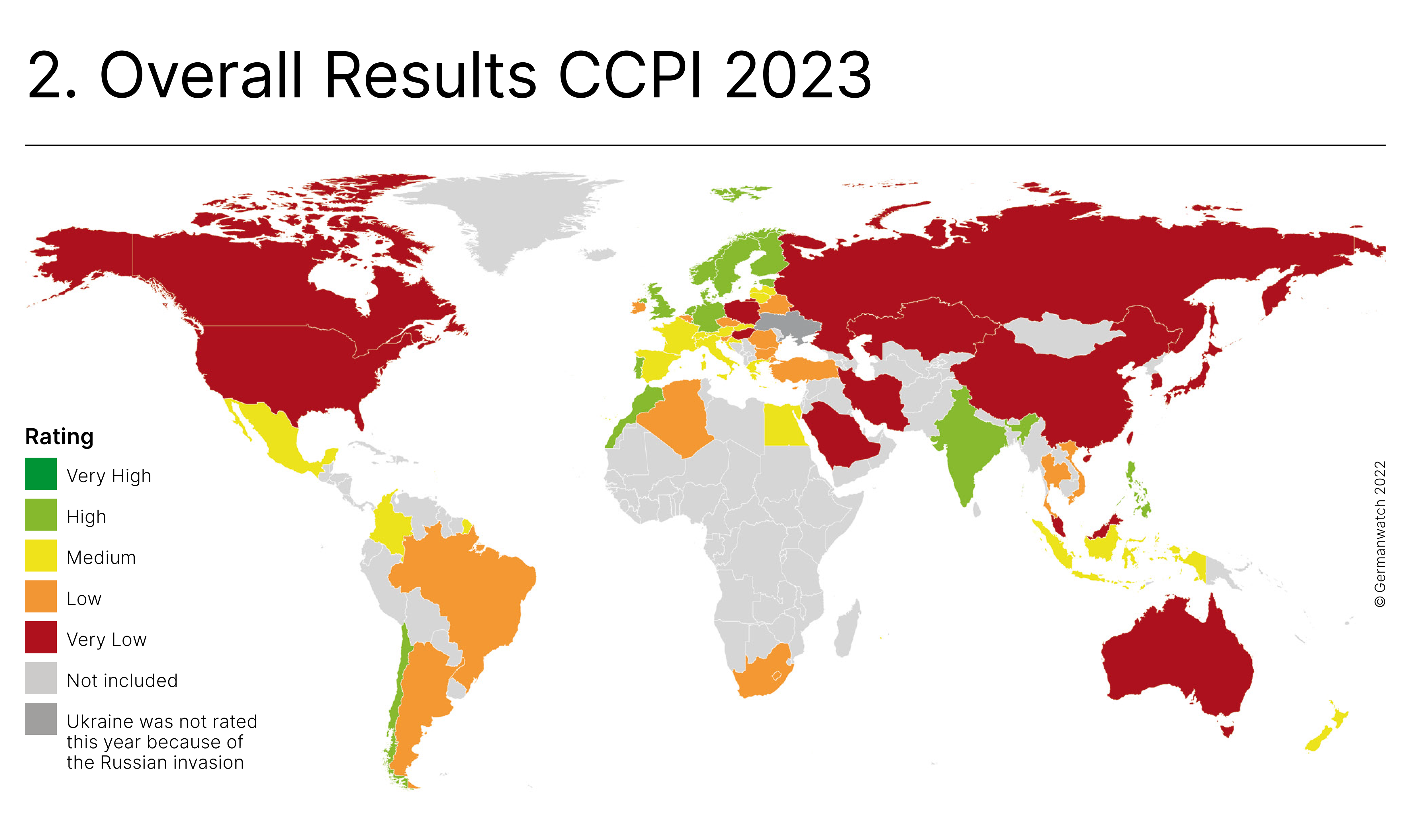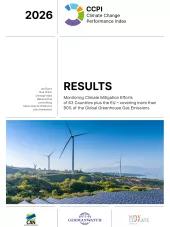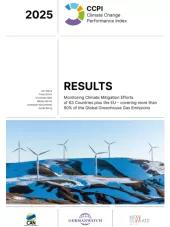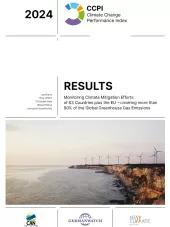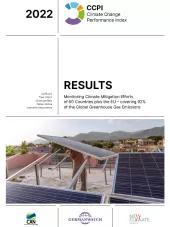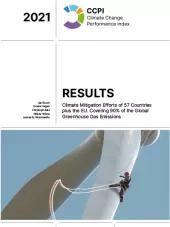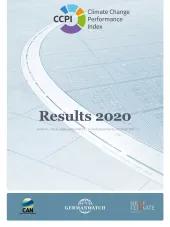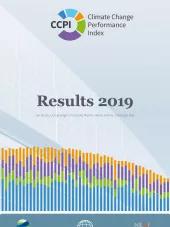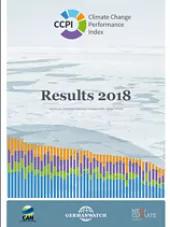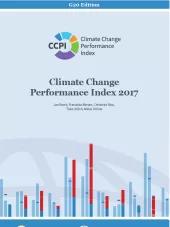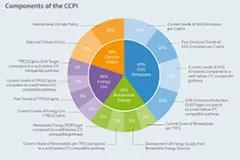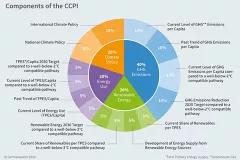Key findings
The current energy crisis clearly demonstrates how the world remains dependent on fossil fuels. However, many countries used this moment as a turning point for ambitious climate mitigation through rapid improvements in energy efficiency and renewable energy. Countries such as Chile, Morocco and India (ranked 6 to 8) have consistently performed well in the CCPI and are closing in on leading countries such as Denmark and Sweden (ranked 4 and 5). However, the largest emitter, China, falls sharply behind, dropping 13 ranks (now ranked 51) in the new index to the ‘very low’ category and joining the second largest emitter, the US (ranked 52). None of the 60 largest emitters is on a 1.5°C pathway yet, which means that the first three ranks of the index remain unoccupied.
Denmark tops in almost all categories
The current frontrunner in climate mitigation continues to be Denmark. As in the previous year, they led in almost all individual categories in the index. Denmark is the only country with a ‘high’ national and even ‘very high’ rated international climate policy. However, despite adopting policies such as a CO2 tax, Denmark is currently not yet on track to meet its 50 % emission reduction target by 2025 (compared to 1990 levels). To reach one of the top three ranks, the incoming Government needs to improve Denmark’s performance in energy efficiency.
Chile is also one of the leaders of this year’s CCPI, moving up three ranks to sixth place and remaining among the high performing countries. Chile adopted a climate change framework law this year that includes a commitment to reach net-zero by 2050 including policies to implement this target.
India has established itself in the top group and even improved by two ranks (now ranked 8). Above all, India benefits from low per capita emissions and energy use. Its growing share of renewable energy also received high marks in the new CCPI. India has updated its Nationally Determined Contribution (NDC) and announced a net-zero target for 2070. However, experts highlight that a carbon pricing mechanism and concrete action plans for achieving the targets are still missing.
In contrast, the worst performers in the overall ranking are Iran, Saudi Arabia and Kazakhstan. The three countries are particularly weak in renewables and heavily reliant on oil. Saudi Arabia is the country with the highest per capita greenhouse gas (GHG) emissions among the G20 nations.
Turkey, Hungary and Brazil show very low policy performance
Australia’s ranking improves in this year’s CCPI: it rises by four ranks to rank 55. Despite the progress, it remains among the very low performing countries for the time being. Australia’s climate policies and performance have fluctuated in the wake of its federal election in May 2022. In the new index, the country with the weakest performance in climate policy is Russia with the worst possible score of 0.0. Turkey, Hungary and Brazil also performed very poorly in this category. Under President Bolsonaro, Brazil’s performance has declined significantly. We expect the newly elected President Lula to increase the country’s climate policy ambition and rebuild institutions to implement it. Protecting the amazon and phasing out fossil fuel production are key measures in this regard
From ‘high’ to ‘very low’: the wide range of EU countries
The European Union as a whole climbs three ranks to 19th place, missing the ’high’ category by a narrow margin. The main reason for the advancement is an improvement in the climate policy category because of the implementation package and improved targets in the fit-for-55 package.
The ranking of individual EU countries is disparate: nine reached the ‘high’ category, seven ranked ’low’, and two even ‘very low’. Denmark, Sweden and the Netherlands (13th, up six ranks), for example, rank high, while Poland (54th) and Hungary (53rd) are part of the ’very low’ category. Spain records one of the largest climbs among the EU and improves its performance in all four CCPI categories, rising 11 ranks to 23rd (‘medium’). France, on the other hand, drops eleven ranks to 28th. The country received mixed ratings in the four main CCPI categories. Its performance in GHG emissions, energy use, and climate policy is rated ‘medium’. However, France received ’low’ for renewable energy. At the EU level, the country blocks international climate finance, predominantly regarding loss and damage.

